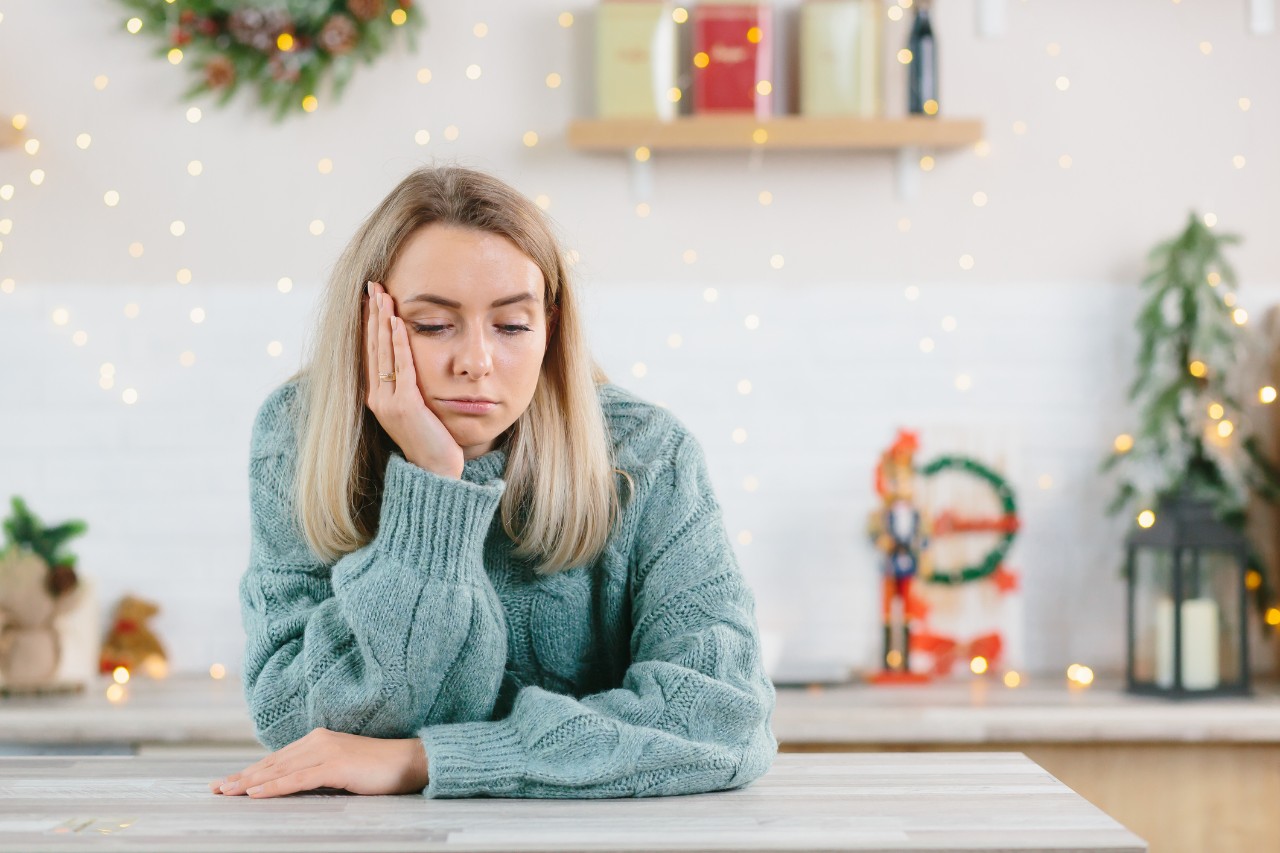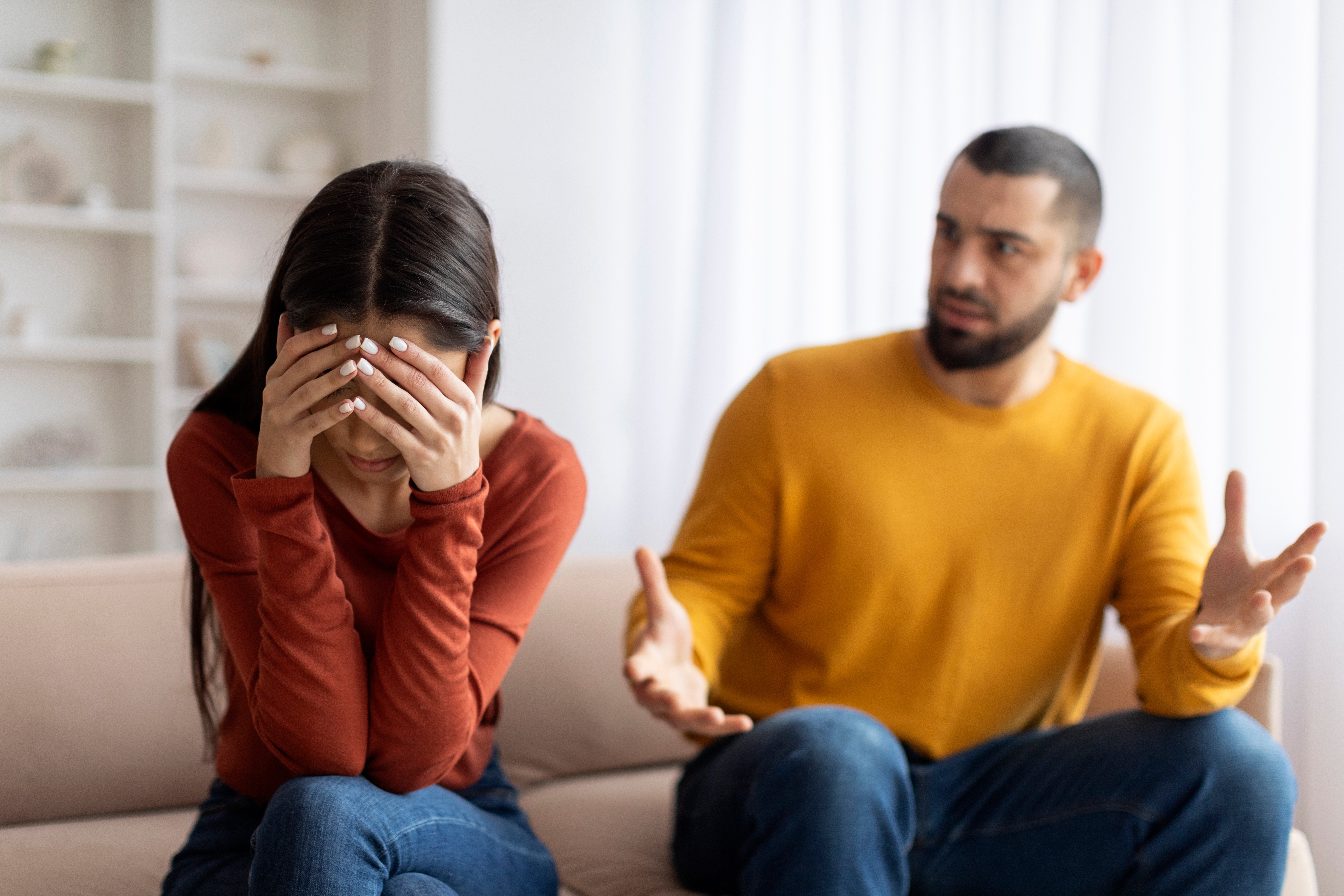Hello Idaho! was developed to help reduce isolation and encourage everyone to reach out and connect with those around them. This year-round campaign provides tools for students, businesses and community members to talk about mental health and help reduce both emotional and physical isolation. It's easy! Connect. Reach out. Say hello!
Hello Idaho! partnered with Idaho actress, writer and mental health advocate Mariel Hemingway and the Mariel Hemingway Foundation to promote hope and health across the state.
Learn more about the Mariel Hemingway and the Mariel Hemingway Foundation here.
Domestic Violence: What it looks like and what resources are available
Domestic violence is abuse that happens in a personal relationship. When domestic violence occurs between a former or current partner or spouse, it is called intimate partner violence. Most relationships have difficult times, and almost every couple argues now and then. But intimate partner violence is different from common marital or relationship problems.
Domestic violence is a controlling pattern of abuse that a partner may use (physically or emotionally) to make the other person feel bad or weak.
You can help an abuse victim by offering support by listening, contacting resources, or offering money, transportation, childcare, etc.
If you or someone you know is impacted by domestic violence, help is available. More information on signs of domestic violence, what to look for and resources are available here.
Suicidal Thoughts or Threats
Suicide is a leading cause of death for people in most age groups. But often people who seriously consider suicide don’t really want to die. They may think that suicide is the only way to solve their problems and end their pain.
People who have suicidal thoughts may not seek help because they feel helpless, hopeless, or worthless. These feelings may come from having a mental health problem, such as depression. These problems can be treated. It’s important to seek help when suicidal thoughts occur. With treatment, you can feel better.
More information on the warning signs and how to help someone is available here.

The Art of Bouncing Back and Developing Resilience
Some people always seem to see the glass as half full, while others view it as half empty? The quality that helps people deal with stress and more quickly bounce back in a positive way is called resilience.1
Resilience refers to the ability to manage stress, adversity, or trauma.2 It is the ability to “bounce back” more quickly in healthier ways after relationship problems, losing a job, or other life stressors. Resilience is more than a sunny disposition. Some may be born with a temperament that lends itself to more easily manage stress in healthier ways and bounce back from life’s adversity more quickly.
The good news is that recent research has shown that resilience is a quality that can be learned. It involves how to we think and how we behave. And it takes practice. One way that may help us become more resilient is by taking charge of the way we react to life’s events.
More information and tips on how to bounce back and build resilience are here.
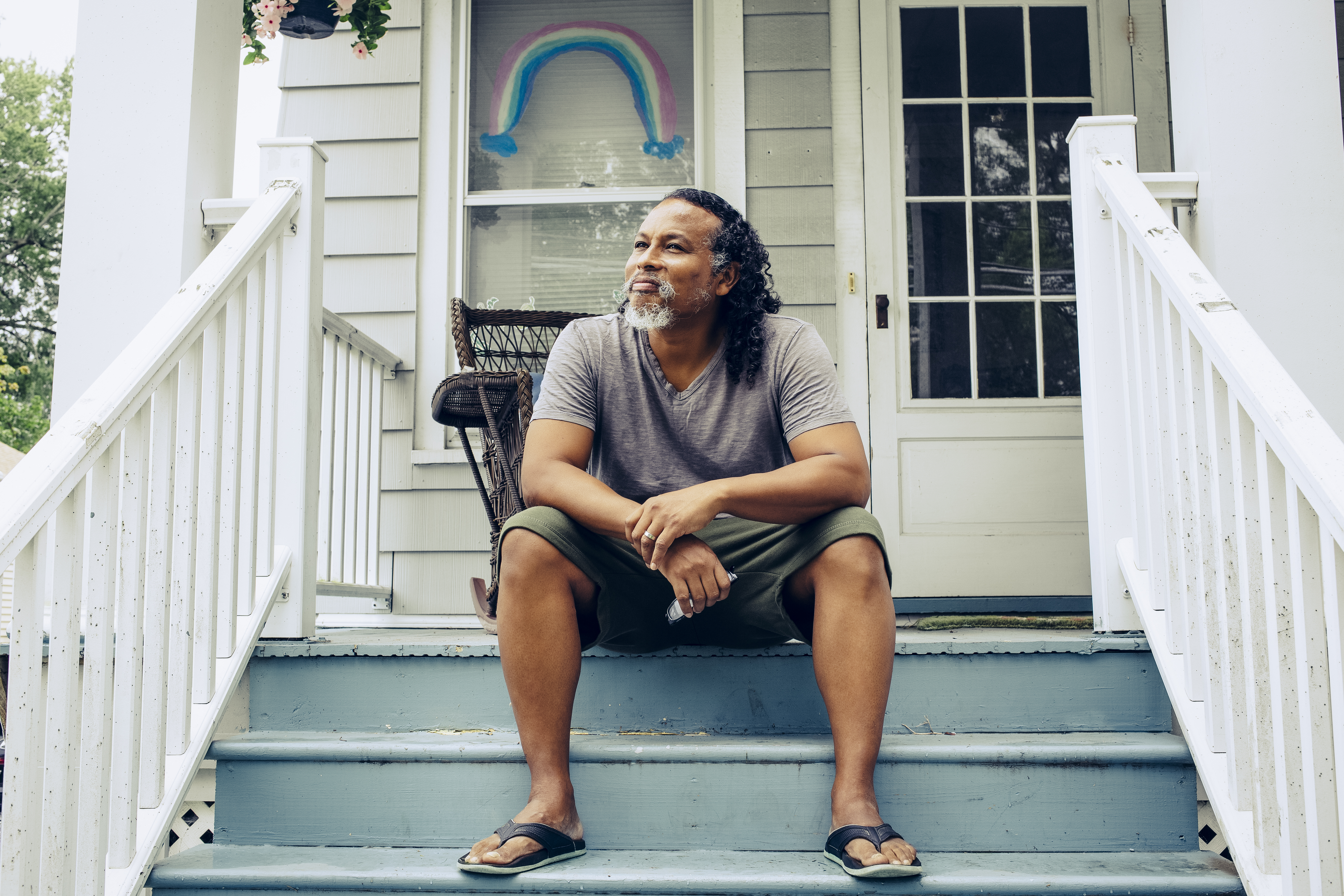
How to connect with others and reduce loneliness
It might seem overwhelming to think how to find ways to be social or make more meaningful connections. But taking small steps can make a big difference.
If you feel like you need some support getting started, or if loneliness is making it hard for you to function, a counselor can help.
More tips on how to connect with other people and reduce loneliness are available here.
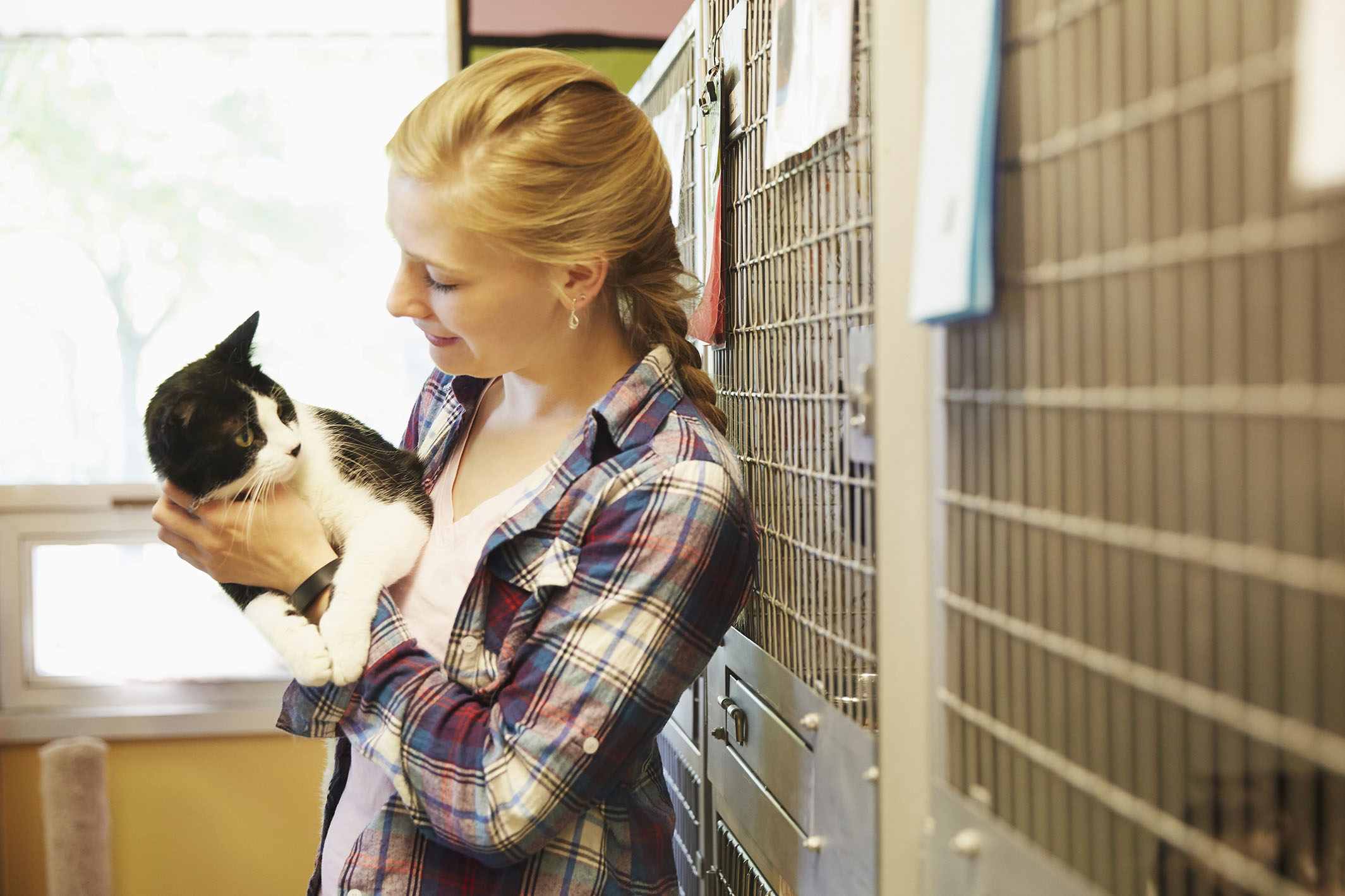
Mental Health and Kindness
There are many reasons acts of kindness are good for the giver and the receiver. New research looks at the mental health benefits, finding that performing acts of kindness may help reduce symptoms of depression and anxiety.
“Acts of kindness” refer to benevolent and helpful actions intentionally directed towards another person, motivated by the desire to help another, and not to gain reward or to avoid punishment.
Everyday simple acts of kindness can contribute to boosting your mood, reducing stress, and possibly alleviating symptoms of depression or anxiety. In addition, what might seem like a small kind gesture could have a greater impact than you might think.

Are you addicted to social media?
Lots of people use social media every day to connect with family and friends and as a hobby. But can people get addicted to it?
There’s no such thing as an official diagnosis of “social media addiction.” But it’s a term people use, because it’s more common than ever for people to overuse social media. Some experts estimate up to 10% of people in the United States have what’s referred to as “social media addiction.”
Read here for more on social media overuse.
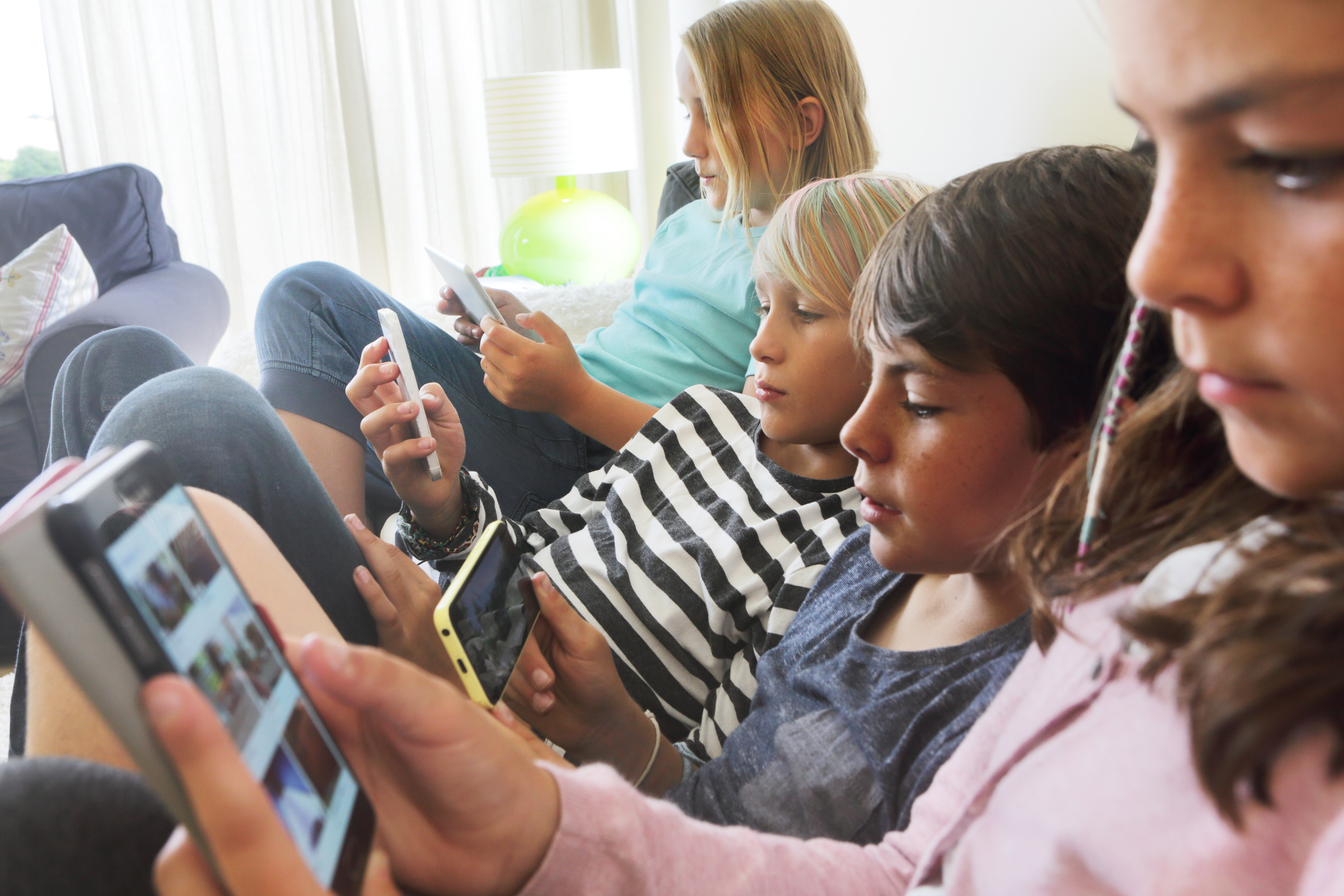
Kinship Caregiving
Kinship caregiving is a term we’re hearing more and more. However, Kinship caregiving is not anything new. In fact, families have been helping raise relative children for decades but kinship caregiving or kin care, for short, has been receiving more attention in recent years. Kinship care includes relationships developed through informal arrangements, legal custody, guardianship order, a relative foster care placement or kinship adoption.
It is estimated that 1 in 11 children lives in kinship care at some point before turning 18.
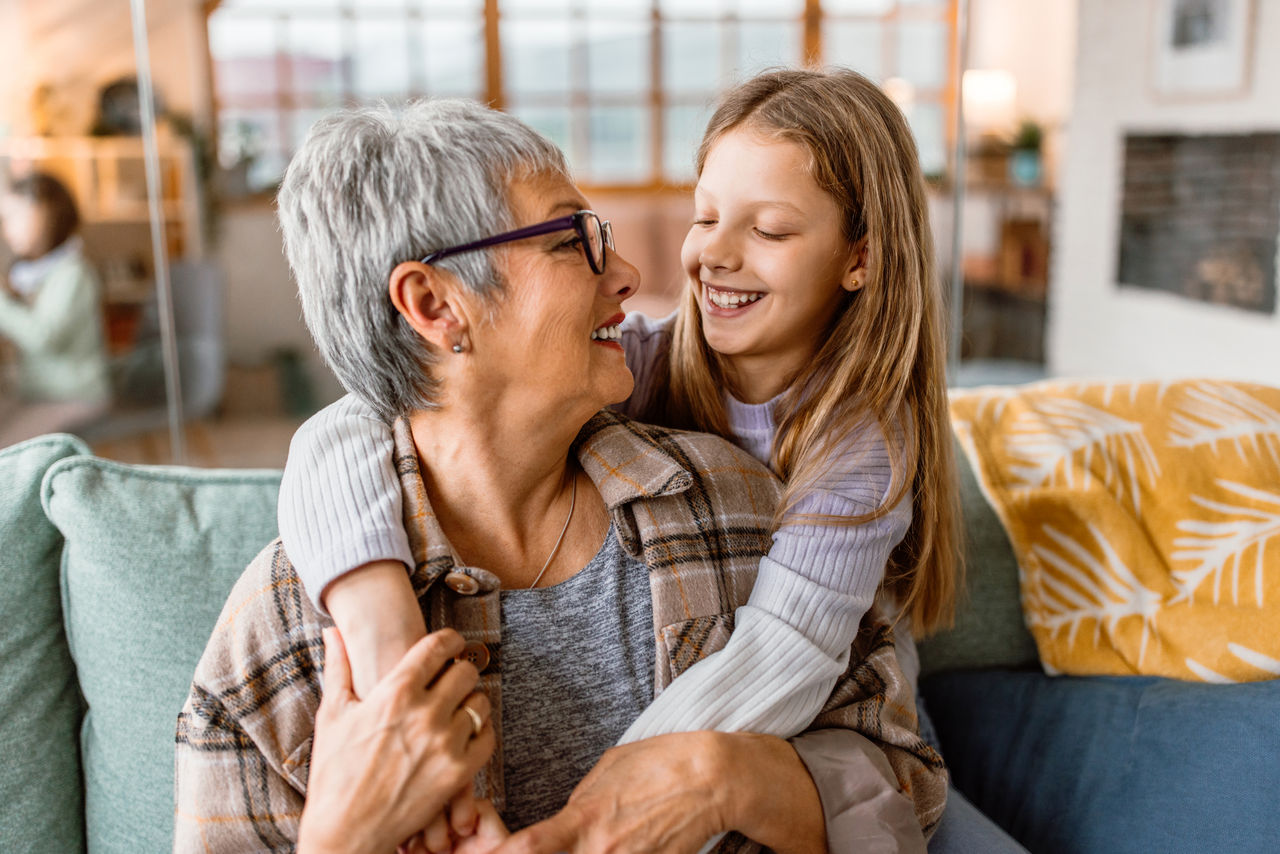
Resources for Recovery
For children and teens using substances, support is important. The good news is there’s help available for them and the whole family.
You probably have a lot of questions. “Is drinking just normal teenage experimentation?” “How can I get my child to talk about how they’re really feeling?” It’s important to know that you don’t have to figure it all out on your own.
This guide is designed to help parents and caregivers. Explore the resources that are available for you and your child/teen. And reach out for help. It’s never too soon.
Men and Depression
Depression applies constant pressure upon the individual—hopelessness, worthlessness, grief, guilt/shame, apathy and isolation are among the damaging emotions people suffering from depression can struggle with.
Too many Idahoans and their loved ones have lost this battle. Unfortunately, the data illustrates a particularly concerning trend among adult men. Ahead of National Men’s Health Month in June, it’s important to understand ways to help the men in our lives who may be struggling with depression.
Read more on Tyson's story and how to recognize signs of depression in men.
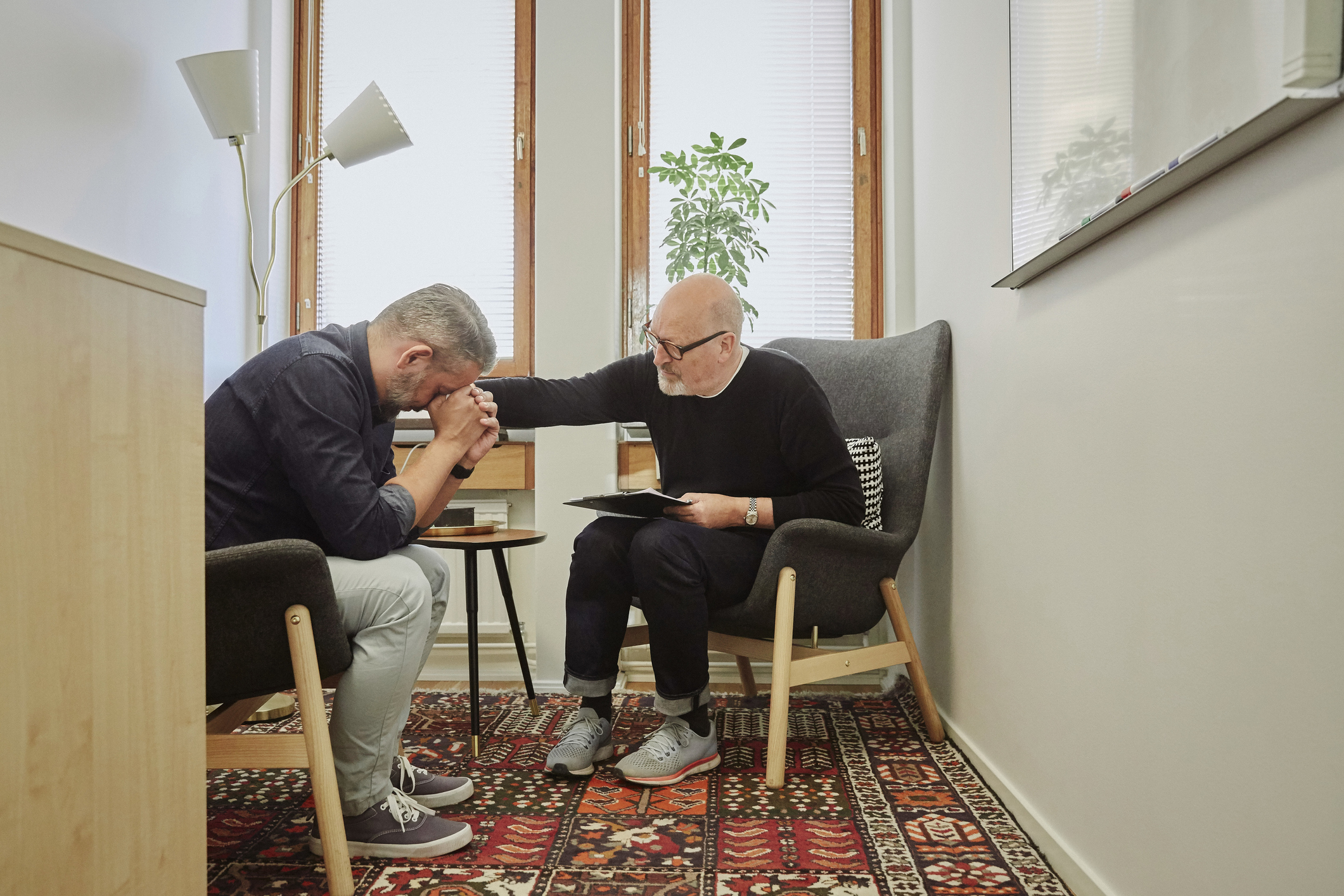
Child Abuse Prevention: Raising awareness and education
Childhood should be a carefree time in life, but far too often, children of all ages experience and or witness physical, emotional and or sexual abuse.
Abuse affects children in a variety of harmful ways during their formative years, but also has a deep, long-lasting effect that can negatively impact their entire lifetime. Whether you are a parent, teacher, neighbor or community member, we all must be vigilant and protect the children around us.
More on resources on child abuse prevention are available here.
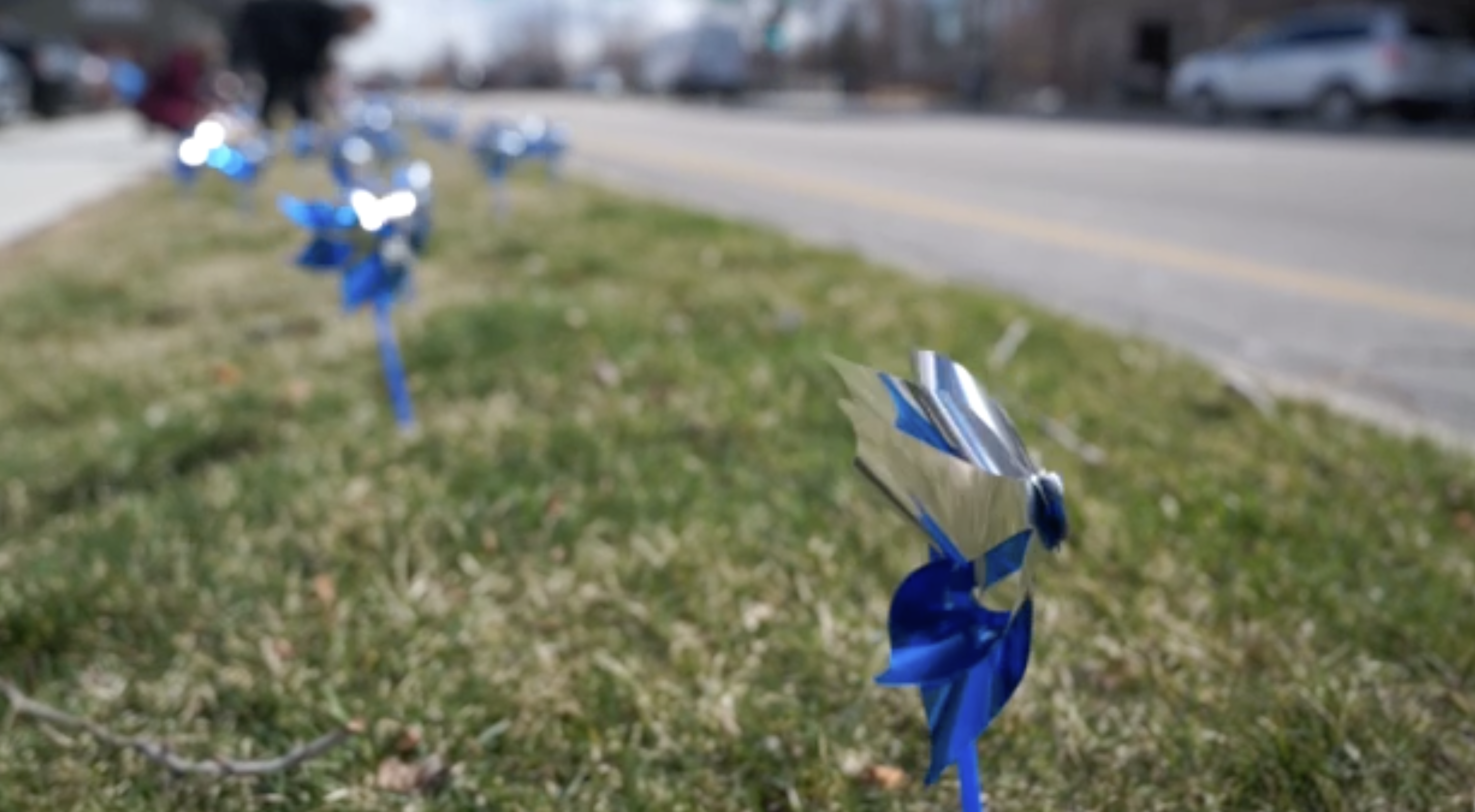
Maternal Mental Health: Taking care of new moms
New and expecting mothers face not only changes to their lifestyles, but also changes to their bodies and hormones. Each woman’s experience will be different.
For some, accommodating the changes of pregnancy and having a baby may come easily — they will adopt new routines and their bodies will return to pre-pregnancy shape and chemistry with little difficulty. For others, there may be physical and mental health struggles that arise.
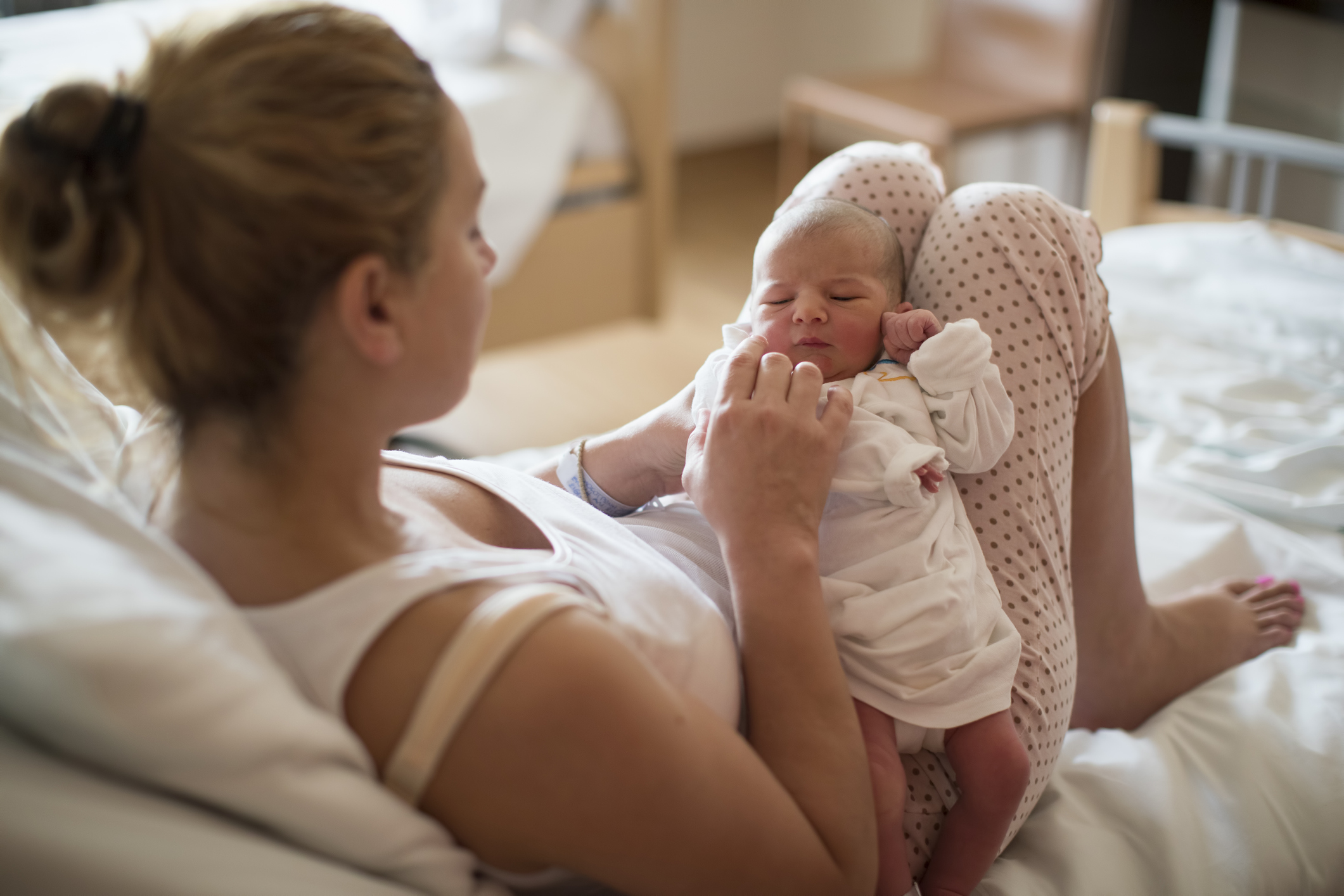
Care for Caregivers
Caring for a loved one can be a rewarding and fulfilling experience, but it can also be emotionally and physically exhausting. Caregivers, also known as caretakers, play an essential role in providing support and assistance to those who are unable to care for themselves due to illness or disability. However, in the process of caring for their loved ones, caregivers often neglect their own needs, leading to burnout, depression, anxiety and other health problems. That’s why it’s crucial to focus on caring for the caretaker, as well as the person they are caring for.
Read more for tips for caregivers to help them prioritize their own well-being.
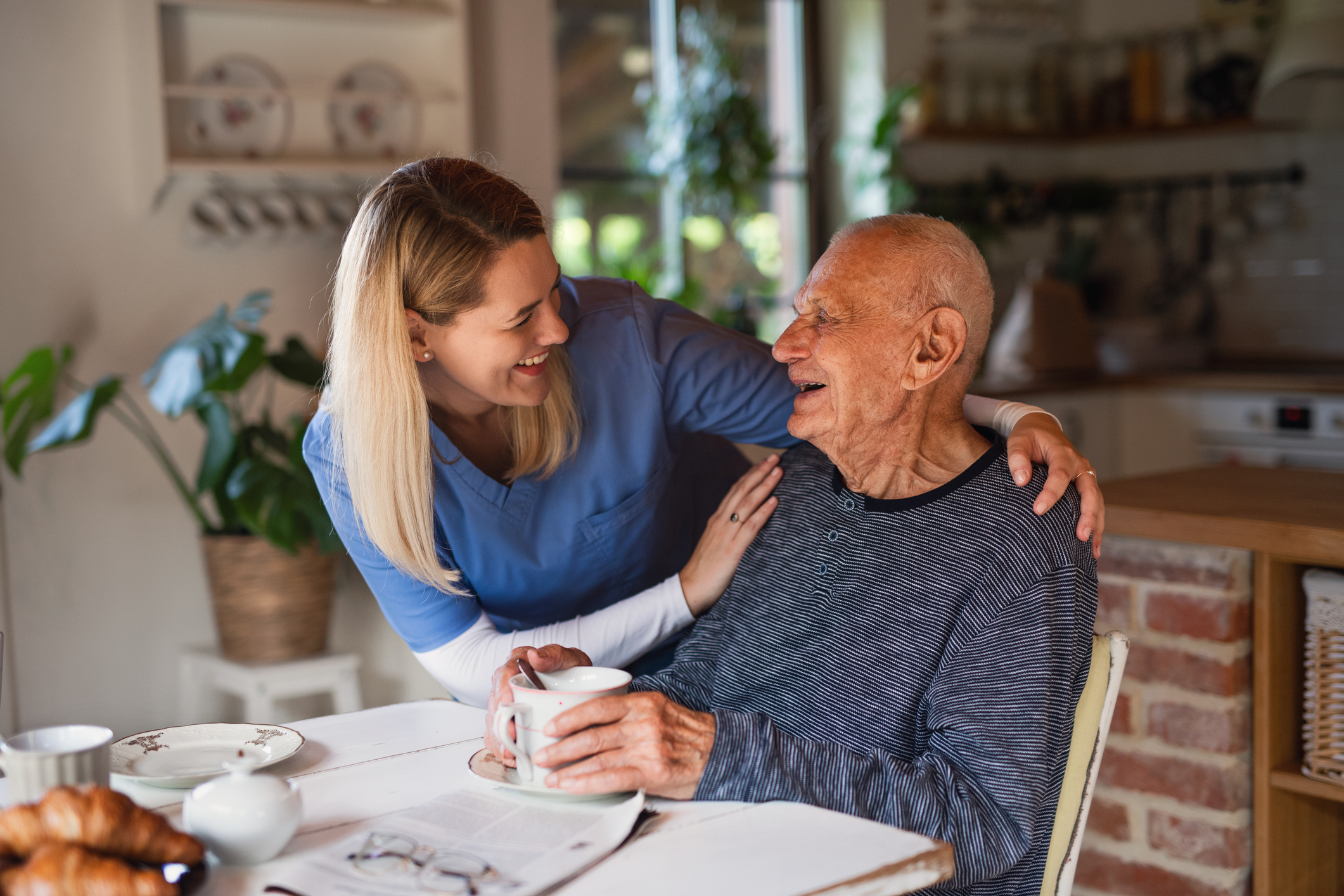
How stress and anxiety can make you sick
When we experience changes or pressure around us, stress often arises. If we respond to certain situations with fear and dread, we can have an anxiety reaction.
Stress and anxiety can make you sick. I don’t mean they can make you feel sick; I mean stress or anxiety can actually make you physically sick, and potentially very sick. Our bodies are well equipped to handle stress or anxiety for brief periods or in small doses, but when these responses become long-term or chronic, it can have serious effects on your body. We’ve seen much more of this during the pandemic.
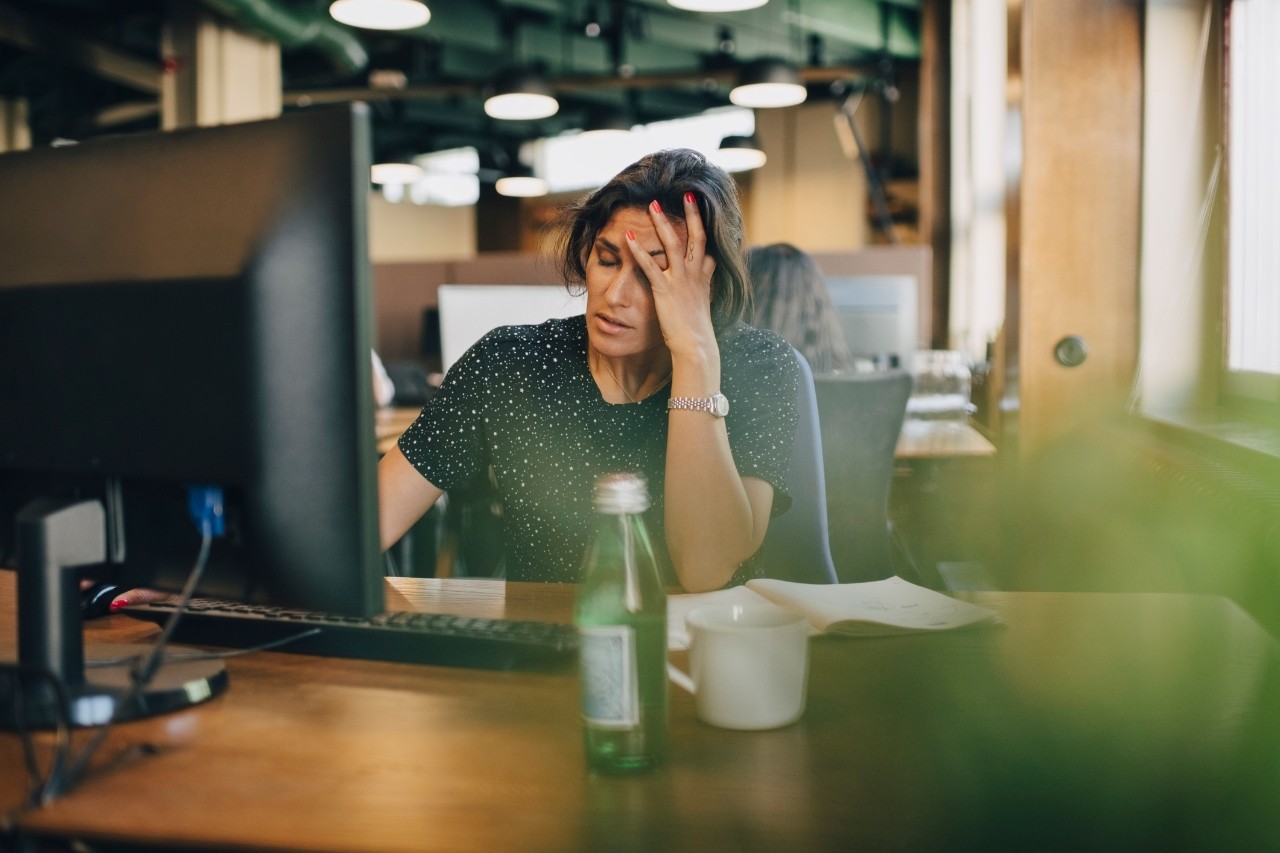
Your brain on gratitude
When it comes to your mental health, gratitude should be not only the focus of Thanksgiving, but also an everyday habit. Just expressing gratitude can result in better sleep, promote generosity, foster social support, and even protect against stress and depression.
Forming a habit of gratitude actually leads to “profound and long-lasting neural effects in the brain” according to a study that examined brain scans of those suffering from anxiety and depression who wrote letters of thanks to people in their lives. Scientists don’t quite understand how this works mechanically, but they agree that gratitude exerts a myriad of positive effects.
Read more on steps you can take to practice gratitude in your daily life.

Managing distress in the aftermath of a shooting
The aftermath of a shooting can be a time of extreme confusion, helplessness, and fear. Part of the trauma associated with shootings is that they often occur without warning in environments we rarely think of as at risk; churches, schools, workplaces, entertainment venues.
You may be struggling to come to terms with how a shooting could occur and why such a terrible thing would happen. Those are difficult questions to answer, and ones you may never satisfactorily comprehend. But beyond searching for the shooter or shooters’ motivation, it’s important to identify and manage your trauma in order to gradually lessen the emotional impact of the event and build your resilience moving forward.
More on the impacts of emotional distress and how to manage it after a shooting.
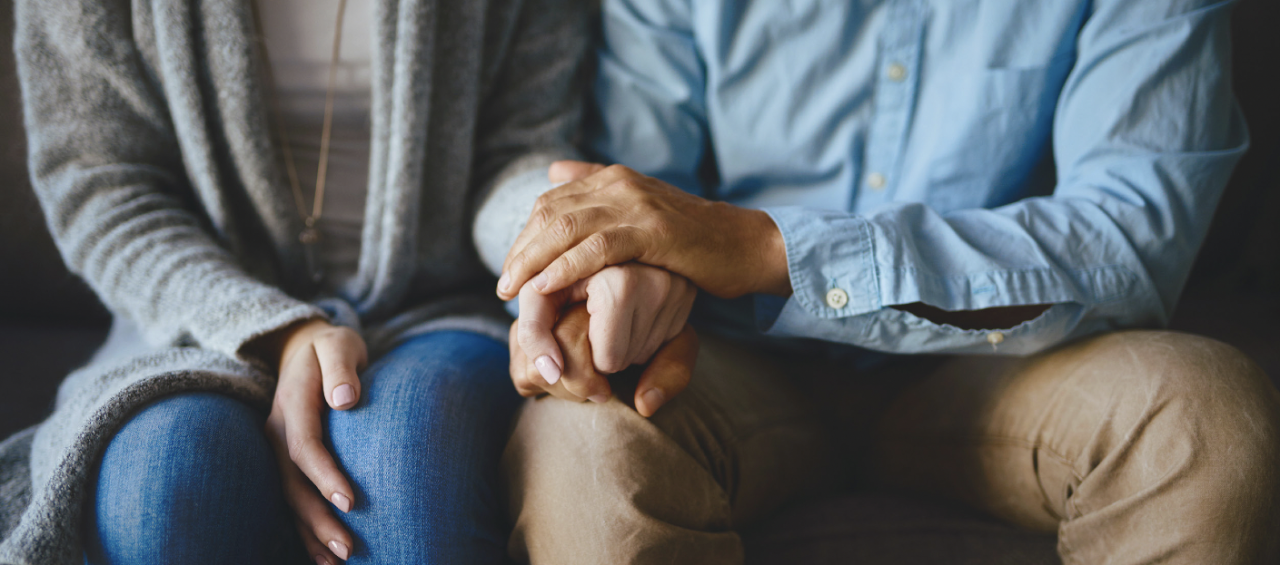
How to talk to children about death
Helping a child deal with death and dying can be very challenging. Most children have neither the life experience nor the intellectual or emotional development that allows them to understand death as adults do. But children need to process grief in an age appropriate way. Most important is giving information to children and listening to their responses.
Explaining how we feel when someone we love dies can also be helpful. Tell the child this emotion is grief and it is very normal to be very sad when we hear the news. This may also be a good time to talk about the family’s beliefs about the afterlife.
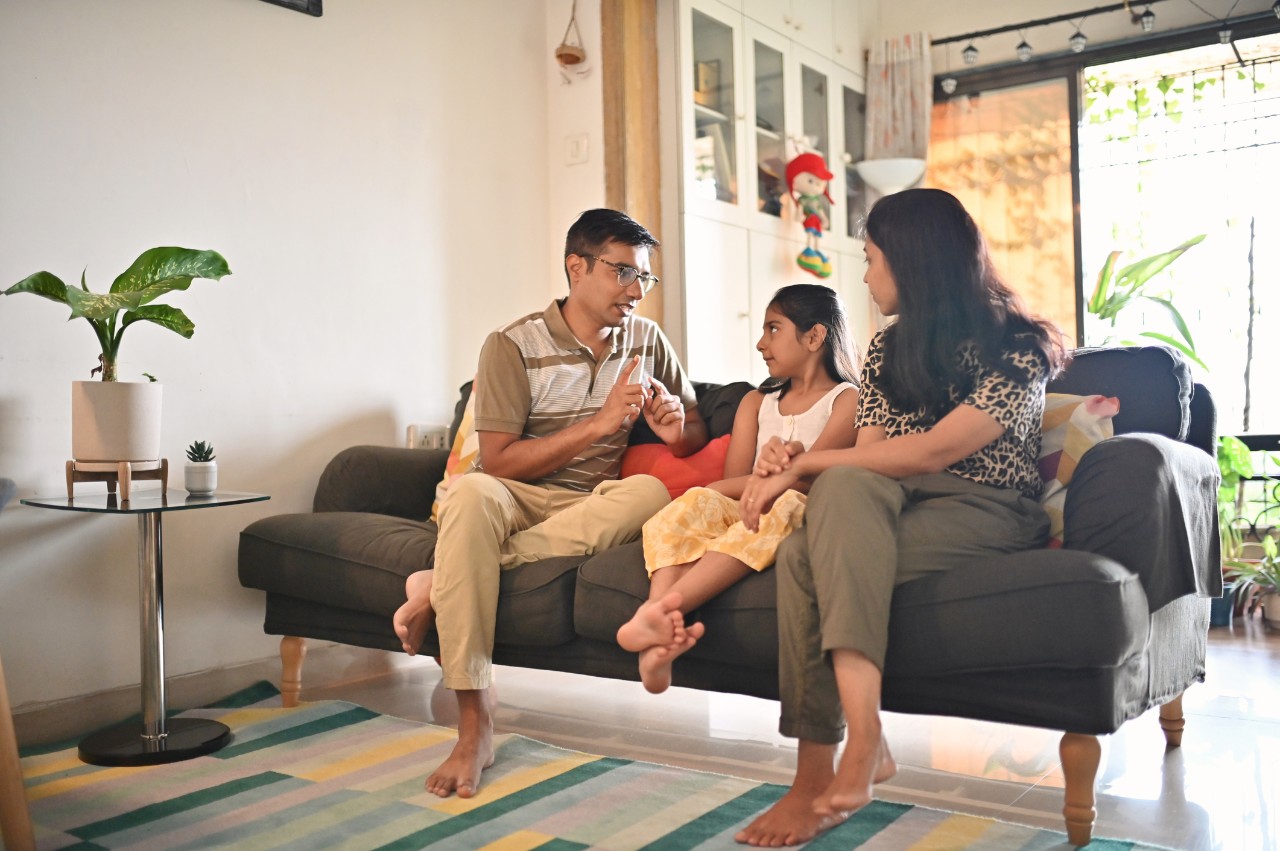
Helping children after a traumatic event
What exactly is a traumatic event? According to the National Child Traumatic Stress Network (NCTSN), a traumatic event is “a frightening, dangerous, or violent event that poses a threat to a child’s life or bodily integrity.”
After a traumatic event some children may develop traumatic stress, and some may not. Several factors can influence this. Children who experience an initial traumatic event before they are 11 years old are three times more likely to develop psychological symptoms than those who experience their first trauma as a teenager or later.
Read more on how you can support children following a traumatic event.
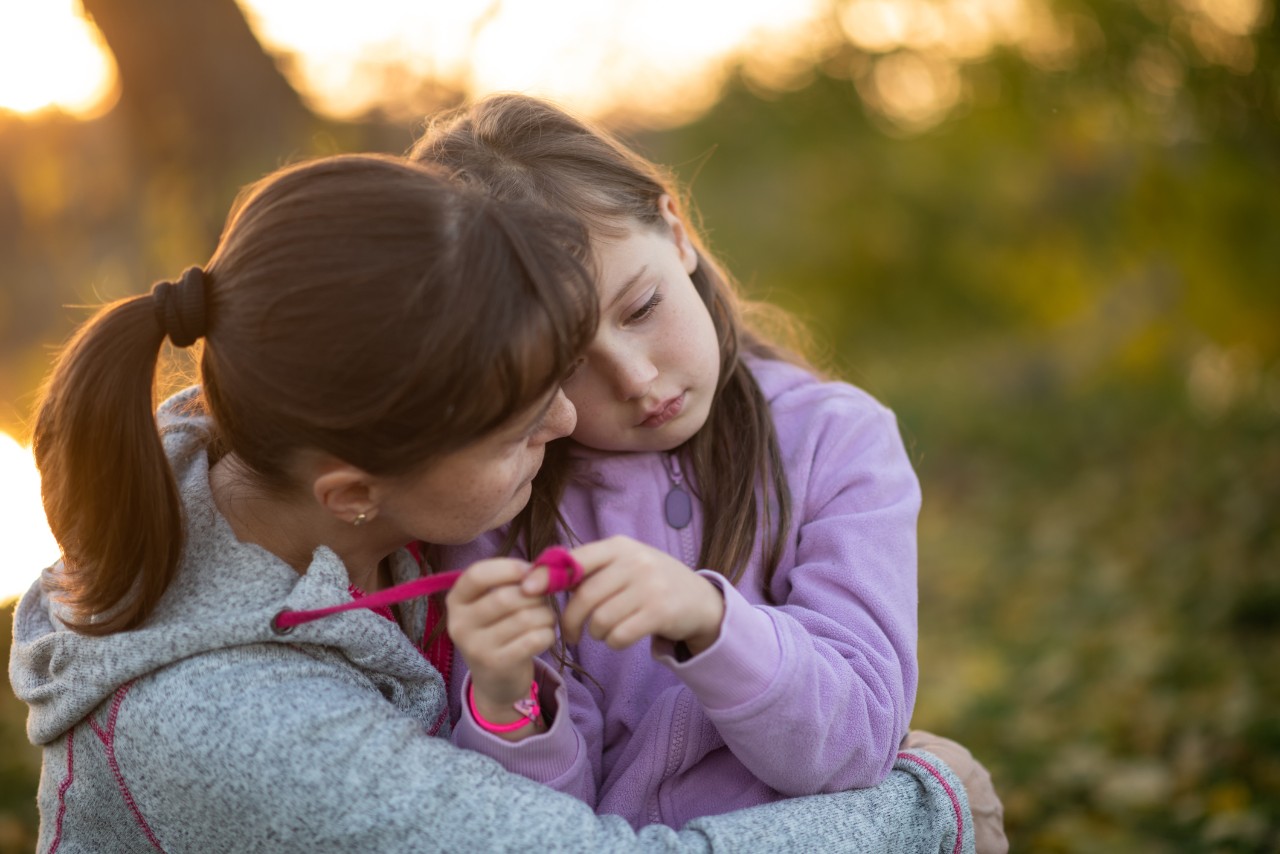
How exercise can boost your mental health
Physical activity is critical to living a longer, healthier life. But some studies suggest that physical activity can have mental health benefits as well, like relieving depression and maintaining cognitive abilities as you age.
While none of these benefits can replace prescribed medication or counseling, they can help to improve mental health in tandem with them.
More on the postivie impacts of exercise on mental health and ideas to get moving.
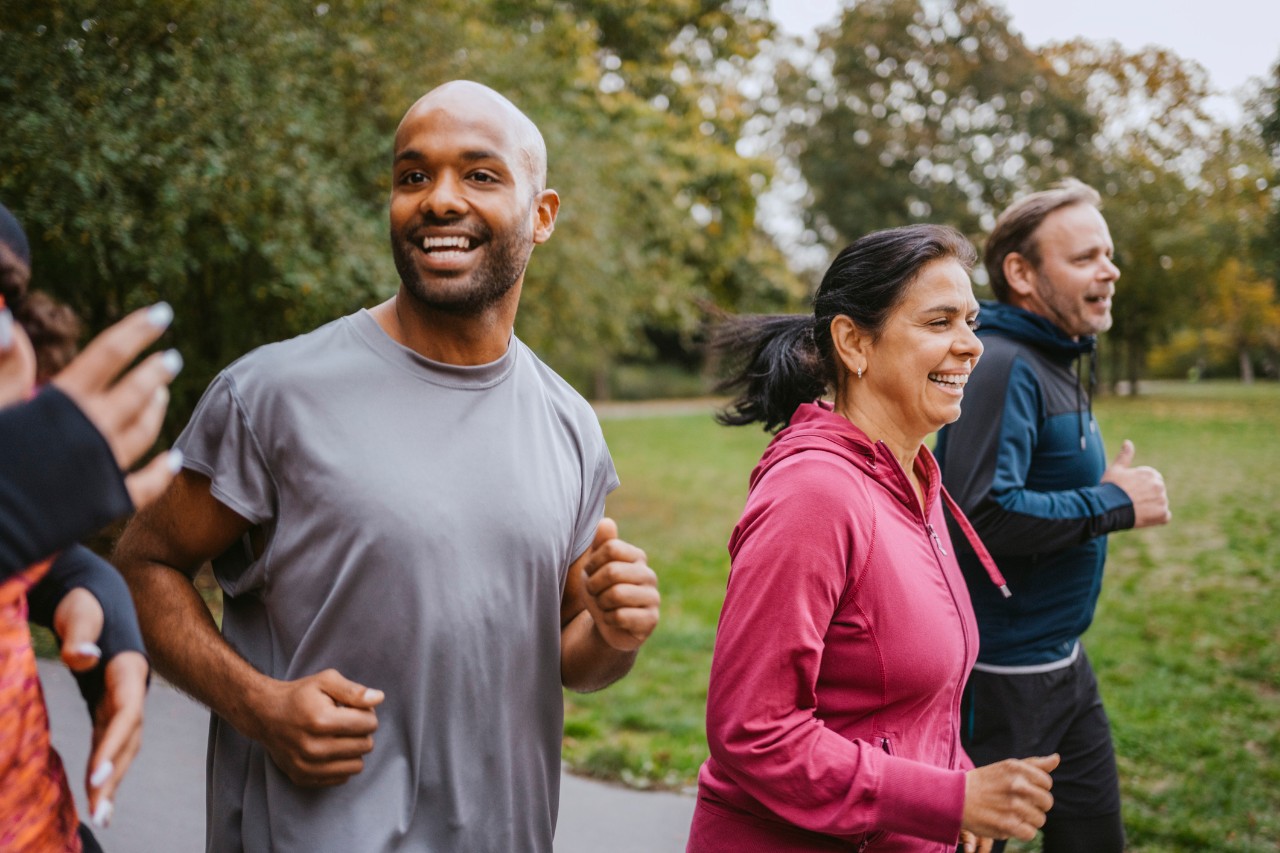
Mindful eating to improve your mental health
Experiences in life can lead us to emotional eating. Using food as an emotional coping mechanism can bring on negative physical and mental consequences over time. Understanding and practicing mindful eating is a valuable tool for gaining deeper insight into your emotional state. When we’re attuned to ourselves mentally and physically, we can begin to introduce strategies for honoring our bodies.
So, if you’re working on making healthier habits stick, there are practical solutions for emotional eating. Nope, we’re not talking diets or deprivation. Keep in mind that you don’t have to try all of these or do them perfectly— just see what works best for you.

How to recognize mental health challenges in teens
It’s a time of intense stress and pressure for teens today, coming from a variety of directions. For parents, teachers, mentors and others caring for young people, it can be very important to understand how to identify to signs of distress and help them get the assistance they need.
More on the signs and symptoms of mental health challenges in teenagers.
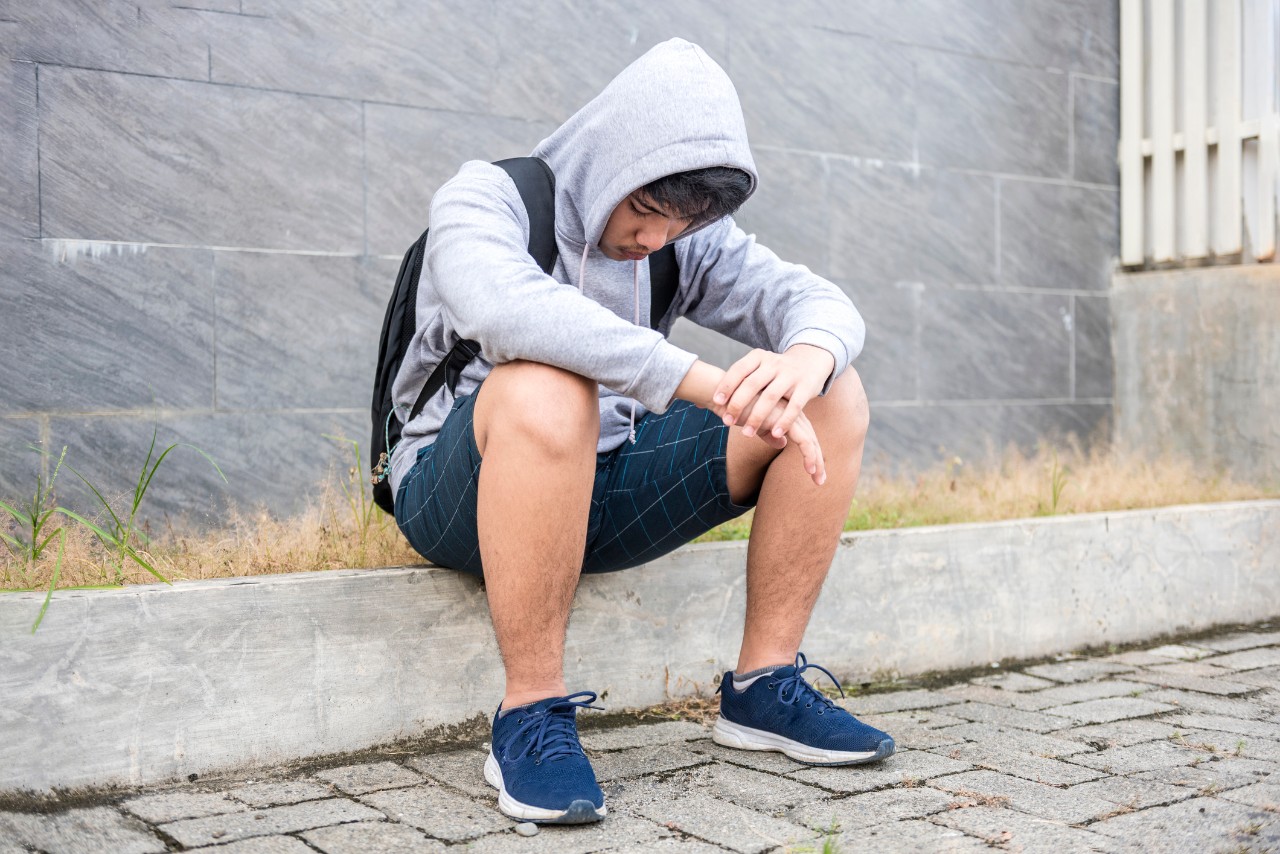
Tips for teachers, caregivers on self care
If you’re feeling chronically tired, overwhelmed or burned out, it’s time for some self care. Pressure in our workplaces, caring for the needs of others and other challenges in life can wear us out.
Taking time for self care isn’t just treating yourself to a break, but giving your whole person a chance to rest, regroup and be refreshed. It can be vital for our overall health.
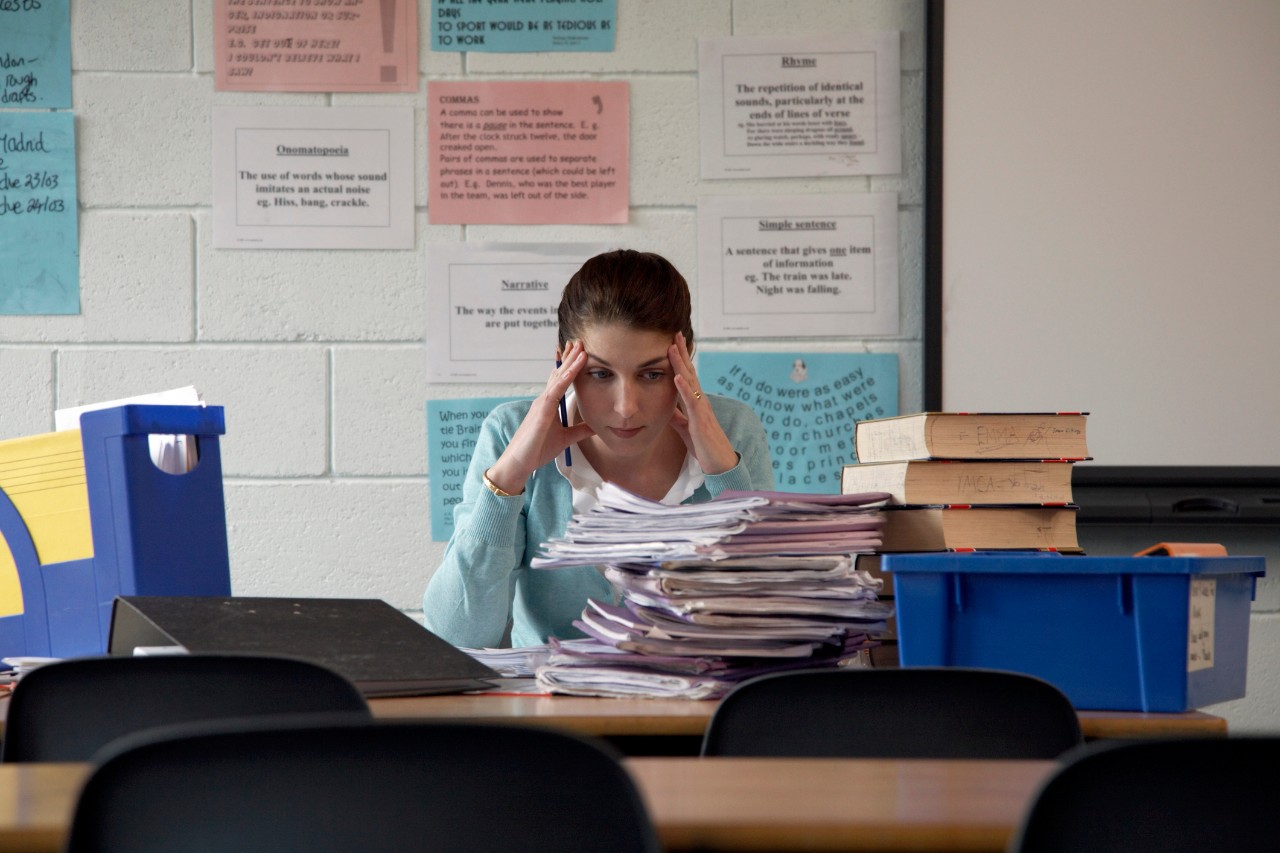
Holiday stress relief
Family connections, meaningful traditions and fun are supposed to be what the holidays are all about. For many, this is not what they experience. Depression, stress and isolation can fill the holiday season and take a toll on you.
Overall mental health and wellbeing should be a gift you give yourself.
More on how to prioritize your mental health around the holidays.
